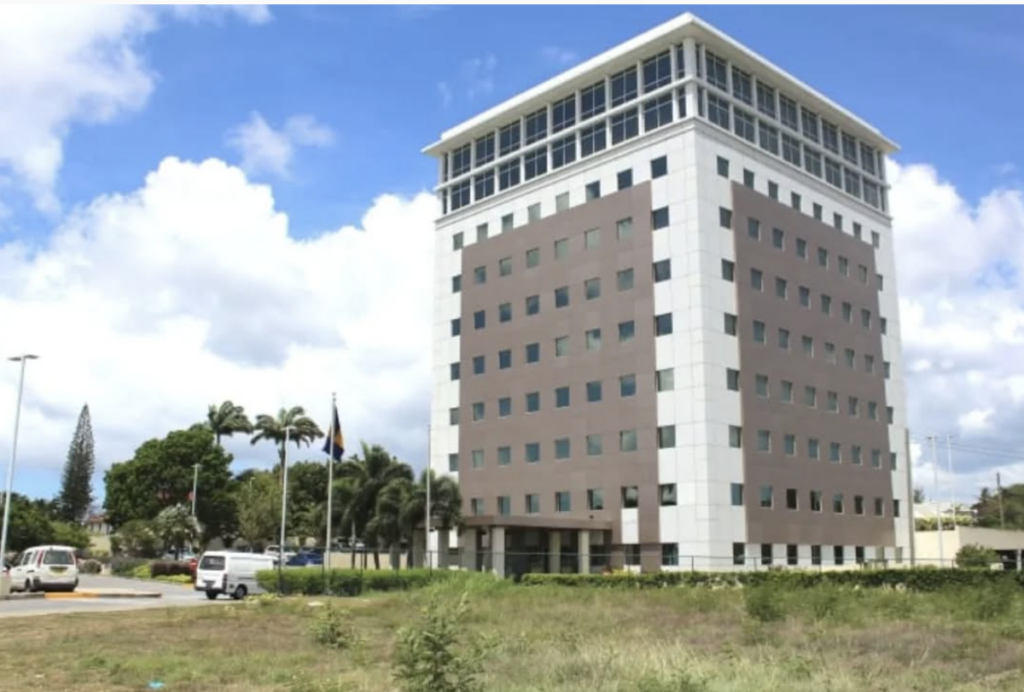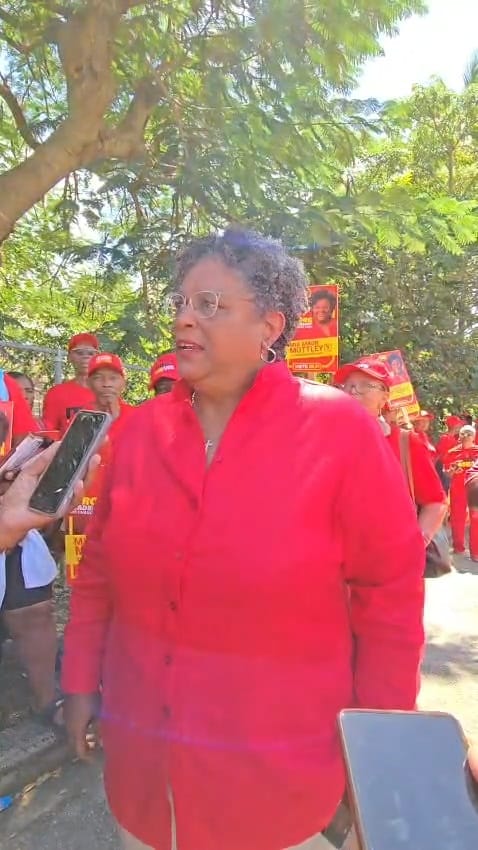The collapse of a landmark divestment deal has thrown Barbados’ sugar industry into uncertainty, with the government and its cooperative-run private partner trading blame, Barbados TODAY can reveal.
The termination of the memorandum of understanding (MOU) between Barbados Sustainable Energy Co-operative Society Limited (Co-op Energy) and the State-owned Barbados Agricultural Management Company (BAMC) was communicated in an August 18 letter to the co-op.
Lieutenant Colonel Trevor Browne, president of Co-op Energy, made no effort to hide his frustration about the latest development. In an interview on Monday, he said: “We are disappointed. We had assumed that the government was negotiating in good faith, which they obviously weren’t.”
The MOU, signed in March 2023, would have transferred BAMC’s sugar portfolio into the hands of two new private companies—ABC Ltd, responsible for more than 4 500 acres of farmland, and BESCO Ltd, operator of the island’s only remaining functional factory, Portvale in Blowers, St James. Operations under the new structure commenced on January 15, 2024.
But in a letter distributed on Monday, which was obtained by Barbados TODAY, Co-op Energy informed members that BAMC had formally notified of its decision to move to terminate the deal. According to the correspondence, the move was triggered by Co-op Energy’s alleged failure to raise $16.5 million in equity investment.
Lt Col Browne challenged that narrative, insisting that Co-op Energy would never release members’ money without proper audited records and clear asset listings.
He said, “They created ABC and BESCO, and they never transferred them to us. We didn’t spend a single cent because the co-op [doesn’t] spend money until all t’s are crossed and all the i’s are dotted. We do not do business like that.”
In the letter to members, Co-op Energy further accused BAMC and the Ministry of Agriculture of failing to respond to “numerous emails and letters” seeking basic financial disclosures needed to advance the process.
The group stressed that the original MOU had envisioned a revolutionary co-operative ownership structure in which current and former sugar workers would receive a 45 per cent stake in the restructured industry, with Co-op Energy holding 55 per cent. However, the circular to members noted that the stake for workers was reduced to 20 per cent in a subsequent agreement presented to Co-op Energy.
The proposal also promised long-overdue upgrades to facilities, worth an estimated $83 million, and a model linking sugar production with renewable energy investments.
Browne explained: “The special opportunity for current and former sugar workers to be transformed from ‘labour assets’ to shareholders, owners, and directors was particularly appealing to us. It was a unique opportunity to overturn the old plantation mentality that has characterised Barbados for centuries.”
He added that Co-op Energy now feels compelled to seek compensation for its significant time and resources invested: “We fully accept that the MOU is a non-binding agreement, and thus could be terminated by either party. We also accept that we perhaps erred in mistakenly assuming that our government and the BAMC were operating in good faith. We have reserved our rights to pursue proper compensation for Co-op Energy in lieu of our extensive efforts and costs expended in this matter.”
When contacted, Minister of Agriculture Indar Weir maintained that Co-op Energy was “not putting in their investment”.
Questioned about the issue of workers’ salaries, the minister offered only a partial explanation: “Salaries are paid by ABC and BESCO. It is not taxpayers’ money.”
He did not respond to queries about the way forward.
Under the current structure, BSIL farmers receive $150 per tonne of cane and a maximum CMS [climate change mitigation subsidy] of $40 per tonne. In March, Barbados TODAY broke the story about the uncertainty of ownership of the sugar industry. On one hand, Co-op Energy was insisting that the government still controlled the industry, while the government maintained that Co-op Energy was in charge.
The divestment of the government’s stake in the sector was to be a historic occasion, as it would have meant that for the first time since slavery, ordinary Barbadian workers had ownership in the industry.
About 1 100 workers and former BAMC employees were to own 20 per cent shares, and those dividends were to remain in those workers’ family names. The workers also did not have to purchase any of the shares.
Multiple efforts to reach the Sugar Industry Staff Association, the union representing monthly paid workers, were unsuccessful. Barbados TODAY has also reached out to the Barbados Workers’ Union.
sheriabrathwaite@barbadostoday.bb
The post Failed co-op deal dashes historic share ownership hopes for sugar industry staff appeared first on Barbados Today.


